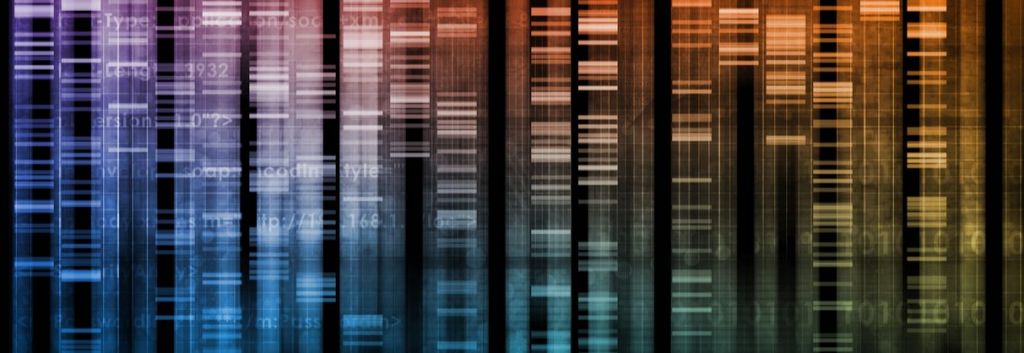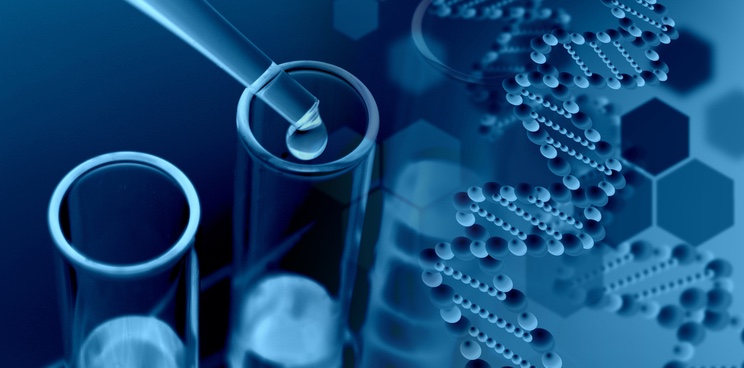Two companies based in Lausanne, Switzerland — ADC Therapeutics and the genomics company SOPHiA Genetics — have signed a deal to identify patients most likely to respond to a blood cancer drug.
ADC Therapeutics will send SOPHiA Genetics blood samples collected from an ongoing phase II trial. The trial is testing a treatment for patients with the blood cancer large B-cell lymphoma, and who have relapsed or stopped responding to medication. SOPHiA Genetics will analyze cell-free DNA circulating in the patients’ blood, with the aim of discovering mutations that indicate who will respond best to the drug. No financial details of the deal were disclosed.
ADC Therapeutics’ drug is an antibody that is chemically joined to a molecule that kills cancer cells, called an antibody-drug conjugate. The drug is designed to seek out cells showing cancerous proteins and release its toxic ‘warhead’ without harming healthy tissue.
ADC Therapeutics’ phase II trial is planned to finish next year, and SOPHiA aims to complete its analysis shortly after the trial. In total, SOPHiA expects to profile over 4,000 genes from each patient.

Carrying out these kinds of genomic tests is tricky in clinical trials, and it can be easy to begin the task without sufficient planning, getting poor results. “People refer to ‘garbage in, garbage out,’” Esteban Czwan, SOPHiA’s Senior Vice President of BioPharma, told me. “Additionally, there’s only one chance to generate the right genomic data for patients in a trial as clinical samples are scarce and precious. Therefore, choosing the right sequencing strategy is critical.”
Another difficulty with genomics studies is the vast amount of data that they generate. SOPHiA aims to address this challenge with its AI technology. The company raised a funding round of €67M in January to deliver this technology to hospitals around the world.
As personalized medicine is gaining popularity, genomics is becoming essential for companies hoping to tailor their treatments to patients, particularly in cancer. “Cancer is definitely a heterogeneous genetic disease,” Czwan told me. “So understanding the genomic profile of each cancer patient will soon become a must for cancer treatment. That’s what personalized medicine is all about.”
Images from Shutterstock





